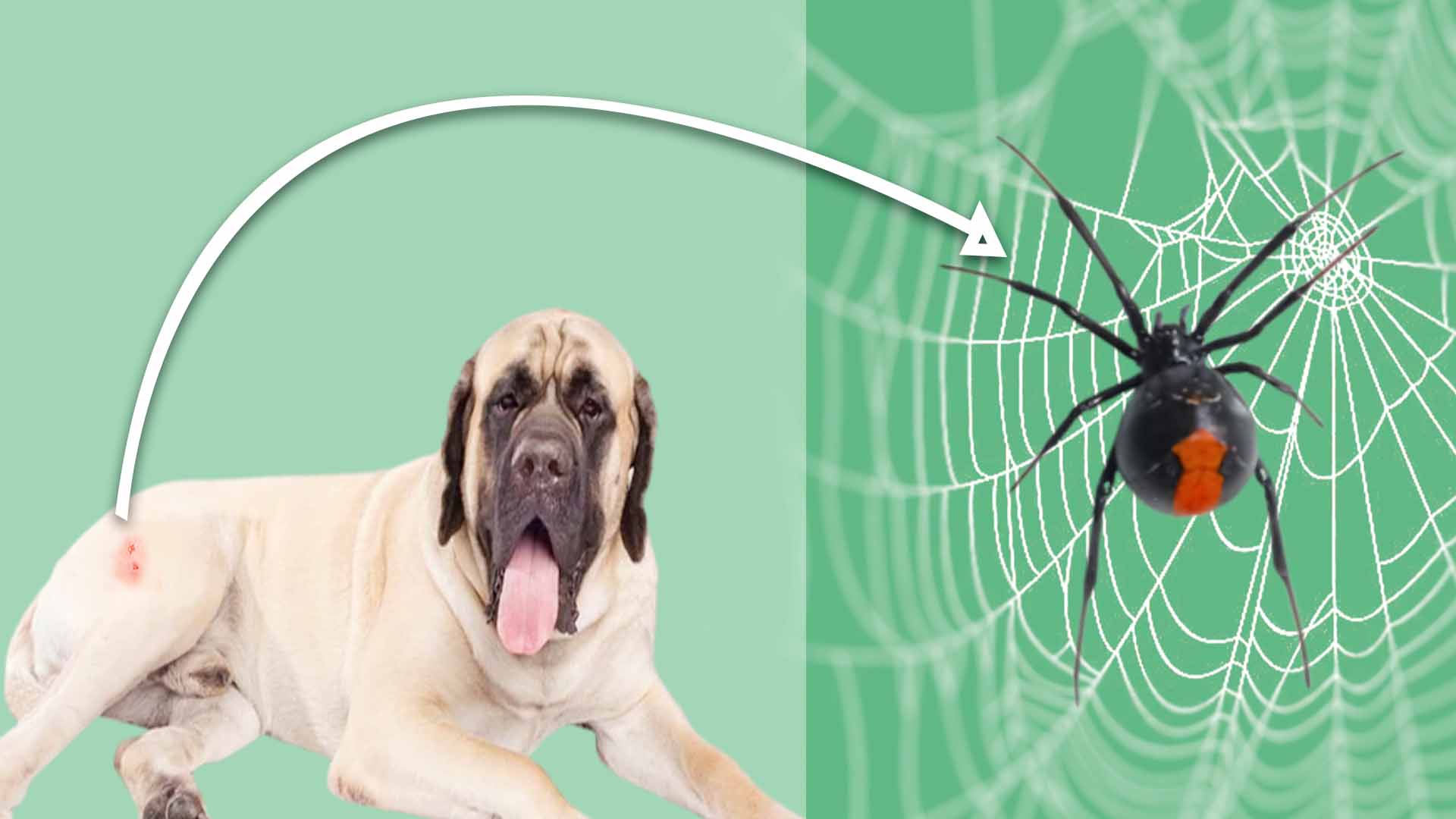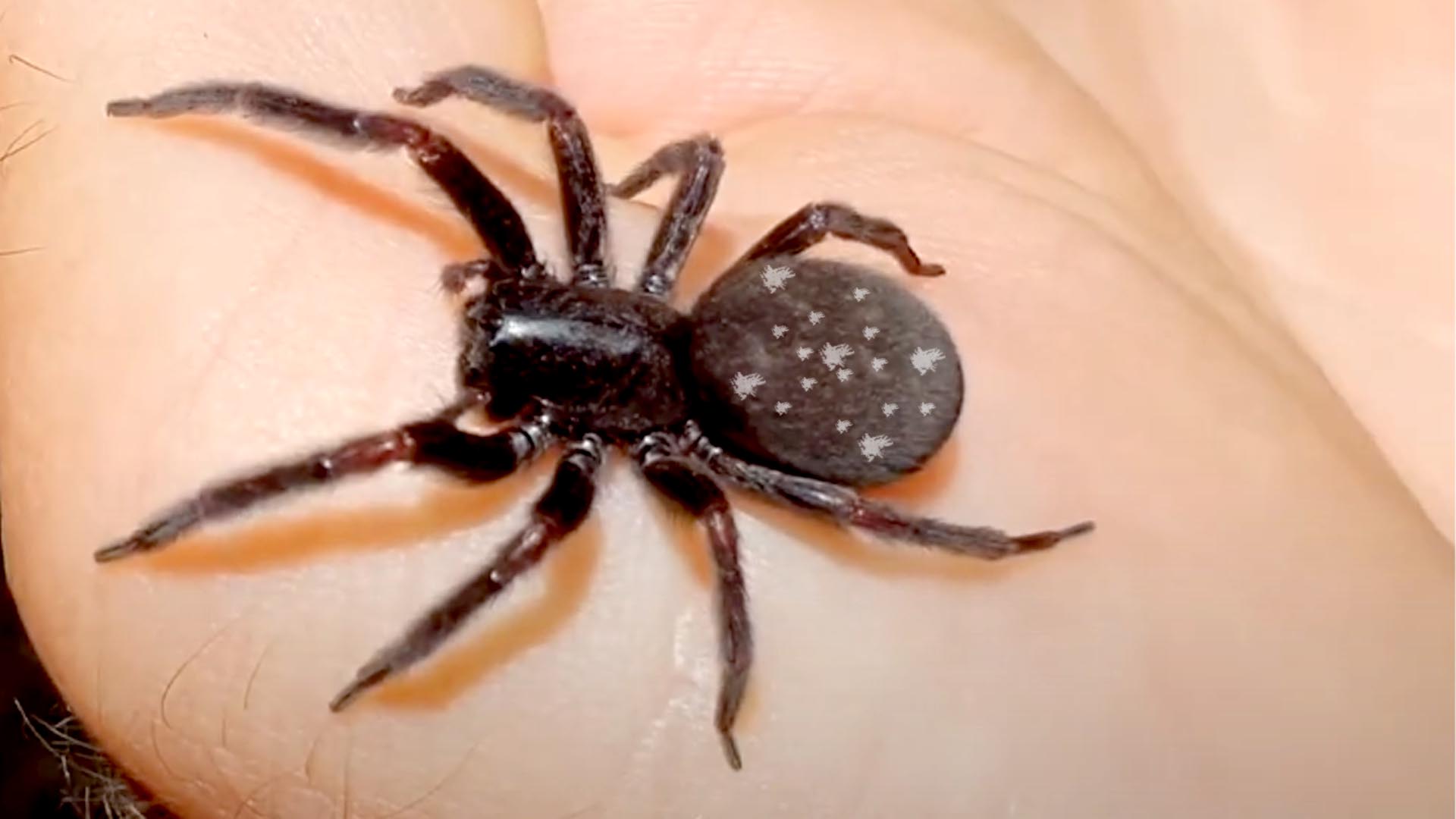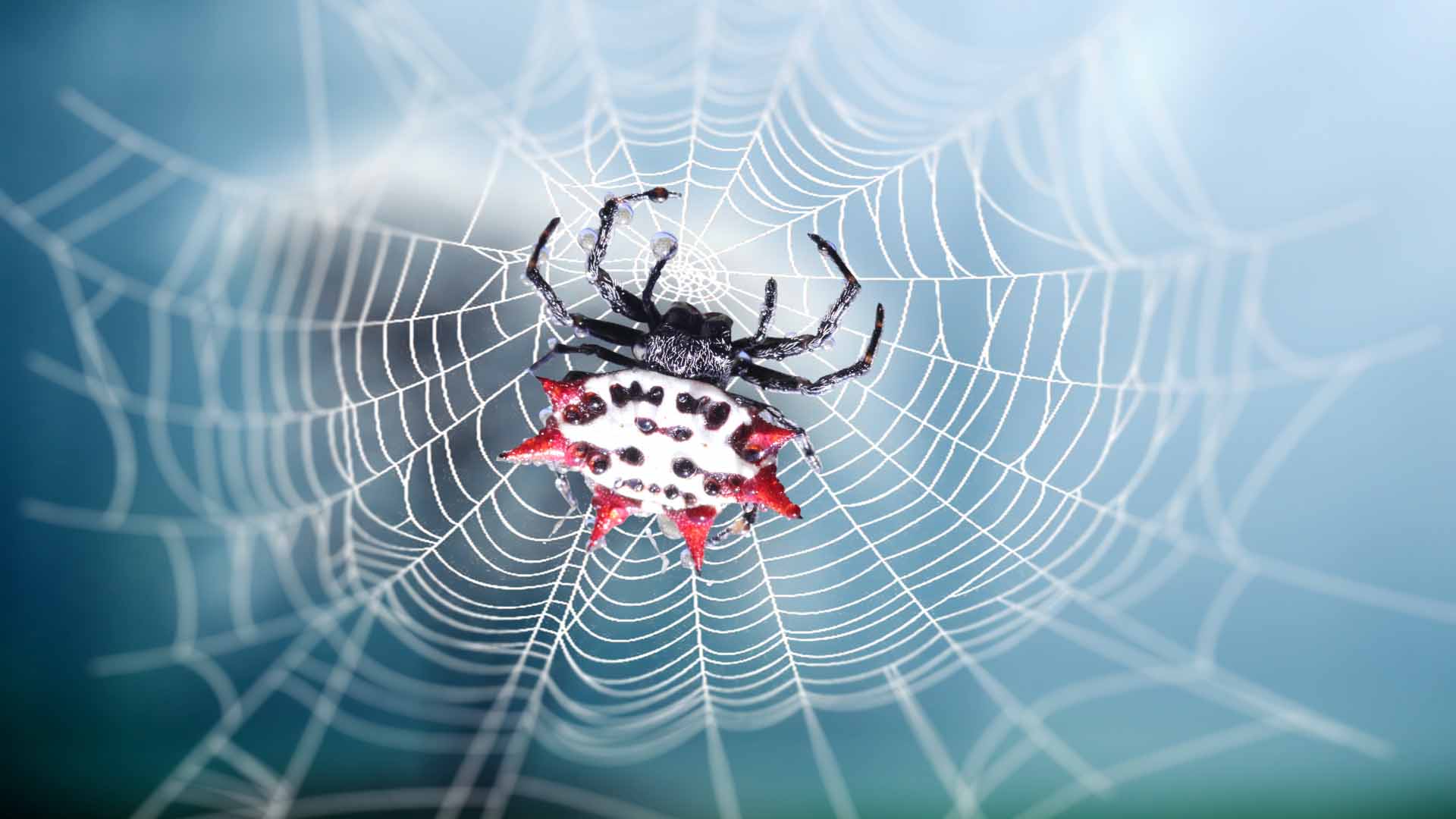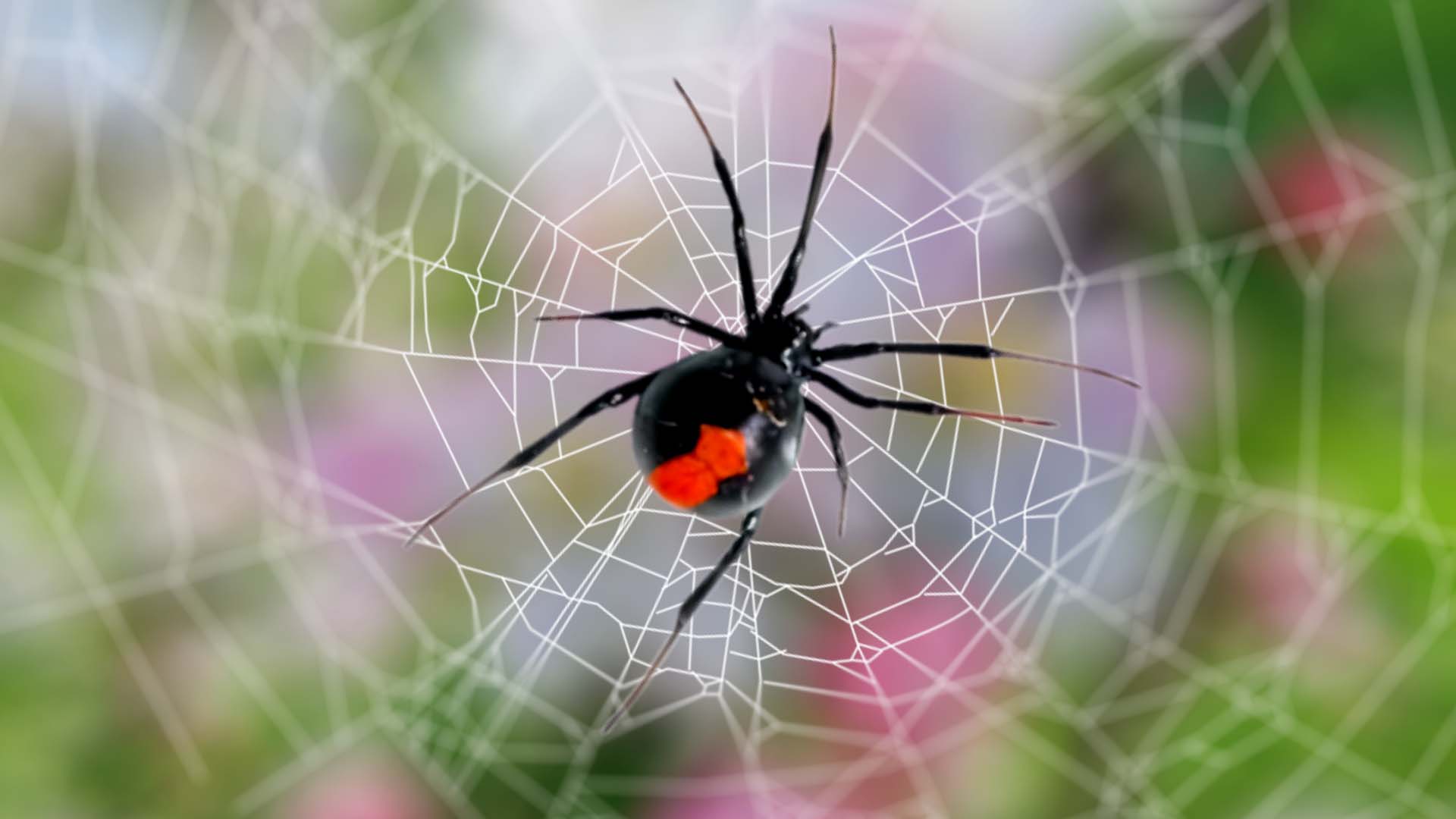As a dog owner, I’ve always been concerned about the potential dangers that my furry friend might encounter. One of those dangers that I had to confront was a black widow spider bite.
This article aims to share my personal experience with my dog’s encounter with a black widow spider, the symptoms we observed, the steps we took for treatment, and some valuable tips for prevention.
Does Black Widow Spider Bite Dog?
Yes, black widow spiders can bite dogs. Although they typically avoid larger animals, if a dog unintentionally disturbs or encounters a black widow spider, it may result in a bite. The bite can lead to symptoms such as muscle tremors, restlessness, pain, swelling, and elevated heart rate. If you suspect your dog has been bitten, seek veterinary care promptly.
My Personal Experience
A few months ago, my dog Max had an unexpected encounter with a black widow spider in our backyard. It was a typical sunny afternoon, and Max was exploring the corners of our garden as he usually did. However, later that evening, I noticed that he seemed unusually lethargic and was favoring one of his paws.
Symptoms of Black Widow Spider Bite in Dogs:
Lethargy and Weakness: Max’s lack of energy and overall weakness were the first signs that something was wrong.
Muscle Tremors: I noticed Max’s muscles twitching, particularly in the area around the bite.
Restlessness and Agitation: Max was clearly uncomfortable and couldn’t seem to find a comfortable position.
Pain and Swelling: The bitten area (his paw) was swollen and appeared painful when touched.
Elevated Heart Rate: Max’s heart rate was noticeably faster than usual.
Step-by-Step Treatment Guide
- Stay Calm: As a pet owner, it’s essential to remain calm to provide the best care for your dog.
- Isolate the Dog: Keep your dog in a quiet, comfortable, and safe place to prevent further stress.
- Examine the Bite Area: Gently inspect the bite site. If you see the classic red hourglass shape associated with black widow spiders, it’s important to act promptly.
- Contact Your Veterinarian: Get in touch with your vet immediately. Describe the symptoms and the situation to receive proper guidance.
- Follow Veterinary Advice: Your vet might recommend bringing your dog in for an examination or suggest home care if the symptoms are mild.
- Pain Management: Your vet might prescribe pain medication to alleviate your dog’s discomfort.
- Monitor and Rest: Keep a close watch on your dog’s condition. Encourage rest and minimize physical activity.
- Hydration: Ensure your dog stays well-hydrated. Offer water regularly.
- Anti-Inflammatory Measures: Cold compresses on the bite area (if your vet approves) can help reduce swelling.
- Follow-Up: Attend any follow-up appointments recommended by your veterinarian.
Black Widow Spider Bite Dog: Prevention Tips
Yard Maintenance: Keep your yard tidy and remove debris, woodpiles, and other hiding spots for spiders.
Seal Cracks and Openings: Seal any cracks or gaps in your home’s walls and foundation that spiders might use to enter.
Regular Cleaning: Vacuum and clean your living spaces regularly, especially in corners and under furniture.
Inspect Outdoor Gear: Before using items stored outside, like gardening tools or outdoor furniture, give them a quick inspection.
Outdoor Awareness: When walking your dog in areas with dense vegetation, be cautious and keep your dog away from potential spider hiding spots.
Pet Bedding: Regularly clean and inspect your dog’s bedding to prevent spiders from making a home there.
FAQ
Can Black Widows Bite Dogs?
Yes, black widow spiders can bite dogs. While they typically prefer to avoid larger animals, if a dog accidentally disturbs or comes into contact with a black widow spider, it may result in a bite.
What Happens if a Dog Eats a Black Spider?
If a dog eats a black widow spider, it’s unlikely to cause severe harm. Black widow venom is designed to immobilize and digest their prey through injection, not ingestion. However, there may be a risk of an allergic reaction or digestive upset, so it’s advisable to monitor your dog for any unusual symptoms and consult a veterinarian if concerns arise.
What Happens to a Dog if It Gets Bitten by a Spider?
When a dog is bitten by a spider, the reaction can vary depending on the type of spider and the dog’s sensitivity to the venom. For black widow spider bites, the venom contains neurotoxins that affect the nervous system. If a dog gets bitten by a black widow spider, it may experience symptoms ranging from mild to severe.
Conclusion:
Dealing with a black widow spider bite in my dog was a challenging experience, but it taught me valuable lessons about being vigilant and prepared as a pet owner. Recognizing the symptoms, seeking immediate veterinary attention, and following proper treatment steps can make a significant difference in your dog’s recovery. By taking preventive measures, you can greatly reduce the risk of such encounters and ensure your beloved furry friend’s safety and well-being.






